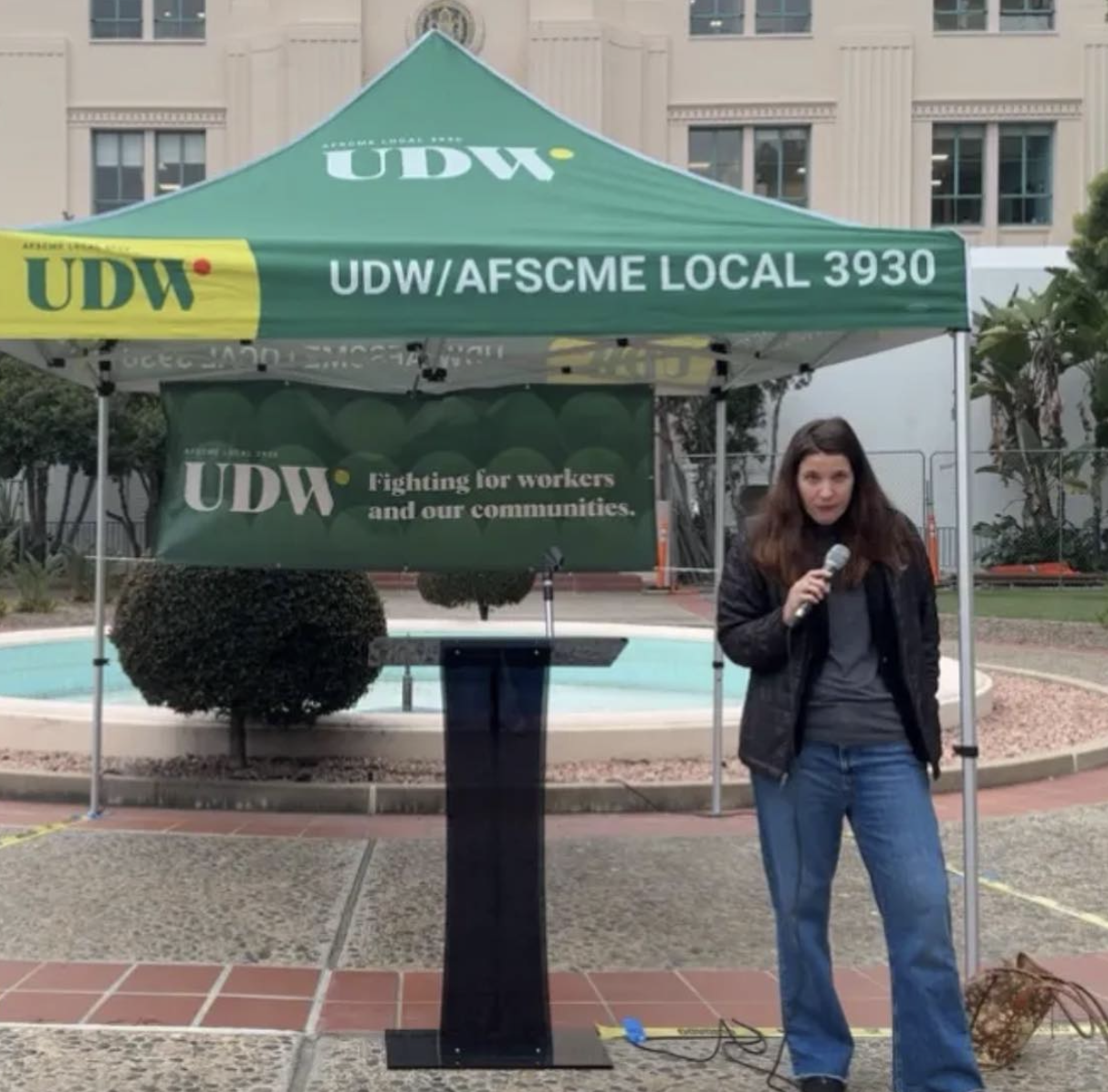Here’s the link to the video, please watch it before continuing: Brigette Browning Racist Rant
Let’s talk about the term Chingona. I first became familiar with this term when I was a child. My Dad had the word “Chingon” embroidered on his car dash cover and I naturally assumed there was also a Chingona. I asked my Dad what it meant and he told me that his hunting buddies called him Chingon because he was very knowledgeable and highly skilled in hunting and archery. He was one of the best. That was 50 years ago.
Today, the term “chingona” reverberates with deep cultural resonance among Latinas and Chicanas, encapsulating strength, resilience, and empowerment. The term is rooted in our Mexican and Chicano culture and signifies a fierce determination to defy adversity and embrace our identity with pride. To be known as a “chingona” is to be celebrated as bold, independent, and as one who has the ability to overcome obstacles and adversity. Ser Chingona serves as more than a mere descriptor; it stands as a rallying cry for solidarity and sisterhood, inspiring individuals to embrace their authentic selves and challenge societal norms.
When we are minimized and mocked as a Chingona, it demonstrates a profound disregard for a longstanding traditional acknowledgement. In many cases, such as in my own experience, we aspired to someday be “chingona.” However, we did not anticipate that it would one day be wielded against us by Non-Latinos to ridicule us and undermine our leaders.
Making matters worse, we have a Non-Latina who chose to use “brown voice” (yes that is in fact a thing) to verbally and racially attack a Latina elected official in San Diego, California. If you are not familiar with the term “brown voice,” it refers to the inappropriate adoption or imitation of cultural traits, accents, or mannerisms, associated with people of color by individuals who are not a part of that community. That said, it is not acceptable because it perpetuates stereotypes, reduces identities to caricatures, and reinforces power imbalances by appropriating elements of marginalized cultures without understanding or respecting their significance.
And finally, we come to the absolute worst part of her rant. The use of derogatory terms like “no mames” have no business appearing in discourse, ever. In fact, saying “no mames” to a Mexican man in the street will likely get you into a fist fight, because the term is in fact what we call “fighting words.” So offensive in fact that it really serves only to remind us of the persistence of sexism and racism in language and culture. The phrase carries layers of disrespect and disdain, and its derogatory nature underscores the need for vigilance in understanding context and respecting cultural sensitivities. In the context in which it was used here, the phrase “no mames” is a derogatory and vulgar term in Mexican Spanish slang that can be translated to “don’t suck…” or “don’t suck it.”
Obviously it is a term most often used by men, so within the broader conversation on women’s empowerment, the phenomenon of female-on-female misogyny emerges here as an issue that warrants attention. Women perpetuating sexist attitudes or behaviors towards other women, whether through slut-shaming, body-shaming, or questioning abilities based on gender, underscores the pervasive influence of internalized sexism and societal conditioning. In this case, it infers a “how did you get here” attitude.
Addressing and challenging this phenomenon becomes imperative in fostering solidarity and empowerment among women. We should be advocating for support and inclusivity rather than perpetuating harmful stereotypes and divisions.
At the end of the day we need to embrace the term chingona as it entails not only celebrating strength and resilience but also advocating for solidarity and empowerment within the Latina community and beyond. By denouncing the use of “brown voice” by non-latinos and challenging derogatory language like “no mames,” we assert our legitimacy and demand respect. Moreover, addressing female-on-female misogyny calls for a collective effort to dismantle internalized sexism and foster a culture of support and inclusivity.
For all these reasons, we must unequivocally reject any appropriation and use of “brown voice” by Non-Latinos and confront derogatory language such as “no mames.”
We must denounce the disparaging remarks made by Brigette Browning, a Non-Latina, and she must resign as head of an organization that represents thousands of Latinas/Chicanas. It is imperative that leaders who hold such views be held accountable for their actions.
*And finally, not that it matters, but here’s the why: When labor doesn’t get their way

